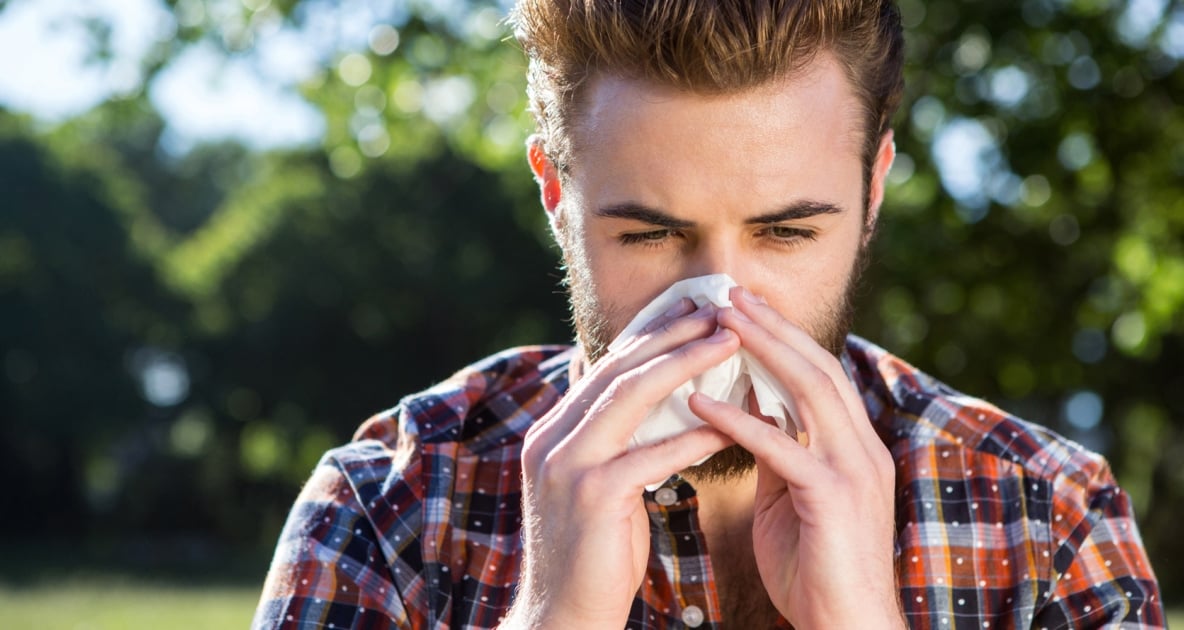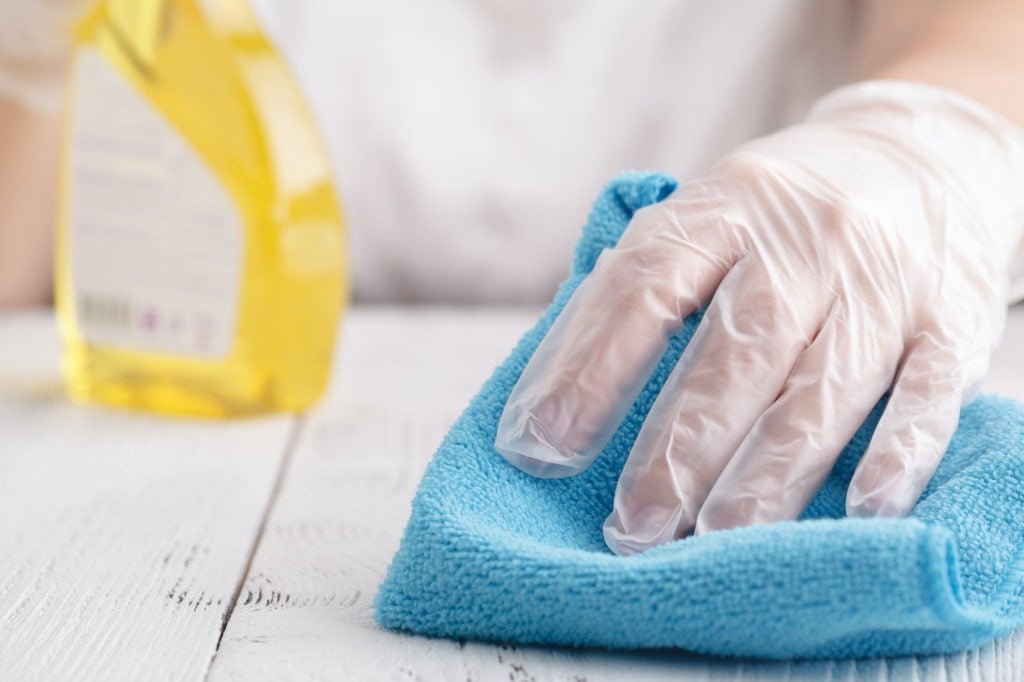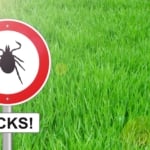Sneezing In Winter? It Might Be Cedar Fever
Sorry seasonal allergy sufferers, winter might be a bad time of year for you if you are prone to cedar fever. See what causes it and how to get relief naturally.

If you suffer from pollen allergies, winter may be your favorite season of the year. But not if you live in central Texas! Turns out certain Juniper trees and other evergreens release their irritating pollen in winter rather than spring making it the worst season for an affliction known as “cedar fever.”
Cedar Fever Is Real
Like other pollen allergies, cedar fever is an overreaction of the immune system to the very-allergenic pollen released by the Ashe Juniper (Juniperus ashei), known commonly as Mountain cedar, in December to March. People in central Texas are most prone to cedar fever because of the dense population of Mountain cedar, but those in Oklahoma, Arkansas, and Missouri may also be susceptible. To make matters worse, the pollen is known to hitch a ride on winds and be carried hundreds of miles into areas without cedar or juniper trees. So if you find yourself sneezing and wheezing like it’s early June, it could be cedar fever.
What Are The Symptoms of Cedar Fever?
Despite its name, cedar fever doesn’t cause an actual fever. But typical symptoms include runny nose, itchy or watery eyes, sneezing, coughing, headache, sinus congestion, and body aches—all those miserable symptoms we are familiar with during peak spring allergy season. But during this time of the coronavirus, these symptoms can be a little unsettling. Remember: if you get an actual fever of 101 degrees F and lose your sense of taste or smell, contact your doctor immediately.
12 Ways to Manage Cedar Fever Symptoms

If you’re prone to pollen allergies, a proactive approach is the best way to deal with cedar fever. The following 12 strategies may help reduce exposure to tree pollen and minimize cedar fever and other allergy symptoms:
- Filter! Install a premium, hospital-grade high-efficiency particulate air (HEPA) filter to remove bacteria, mold, and other allergens and improve indoor air quality. Change heating and air conditioning filters as often as recommended.
- Vacuum. Your vacuum cleaner should also be equipped with a HEPA filter—vacuum daily.
- Break out the white vinegar. Spray air filters, vents, and returns with white vinegar and wipe with a clean cloth periodically to remove pollen and other allergens.
- Keep doors and windows closed at home and when driving to reduce exposure to pollen.
- Wipe down surfaces. Pollen settles indoors on your furniture and other surfaces so wipe them often with a damp cloth to remove.
- …and pets. Wipe pets with a damp towel to remove pollen when coming indoors.
- Purify the air. Consider installing a portable air purifier to improve indoor air quality.
- Wash it away. After spending time outdoors in winter near these pollinating trees, shower and change clothes to remove any residue.
- Go online. Before traveling, or spending time outdoors, check your local pollen forecast for tree pollen levels.
- Avoid line-drying clothes during times when pollen counts are high.
- Strengthen your immune system naturally with vitamin C, probiotics, garlic quercetin, and raw, local honey.
- Ask your doctor to recommend herbs, essential oils, supplement dosages, and other natural ways to bolster immune health.
Be sure to browse our web site for more natural remedies for relief of seasonal allergies and other common ailments.

Deborah Tukua
Deborah Tukua is a natural living, healthy lifestyle writer and author of 7 non-fiction books, including Pearls of Garden Wisdom: Time-Saving Tips and Techniques from a Country Home, Pearls of Country Wisdom: Hints from a Small Town on Keeping Garden and Home, and Naturally Sweet Blender Treats. Tukua has been a writer for the Farmers' Almanac since 2004.






I got hit with a double whammy, cedar fever And Covid. at same time!
Oh no! Carl, we’re sending our best wishes for a speedy recovery!
Wow! I grew up in the country and the Farmers Almanac was our second bible for everyday. Can’t believe I’m just now hearing about this. My allergies have kicked in the last few winter’s and I couldn’t figure out why. A million thanks for sharing this with us!
Check out Cedar Pollen Explosion on YouTube. There are several, but this has some good med info too. Sometimes it comes from the Hill Country in Texas, and sometimes from the Northwest U.S., depending on the wind.
https://youtu.be/3sCX0tlQKOw